Southwest Michigan field crops update—June 13, 2024
Warm temperatures led to increased crop growth, rapid weed growth and post-emergent herbicide applications. Low levels of Fusarium head blight were detected. Second cutting of forages began.

Weather
This past weekend saw a drop down to cooler temperatures. High winds slowed down spray applications and led to soil erosion in unplanted fields and fields with small plants. Starting today, June 13, scattered showers will pass through the state. Southern Michigan is at an elevated risk of severe weather compared to the rest of the state, which may result in high winds and some possible hail.
This next week is forecast to have high temperatures, high humidity and dew points in the 60s.
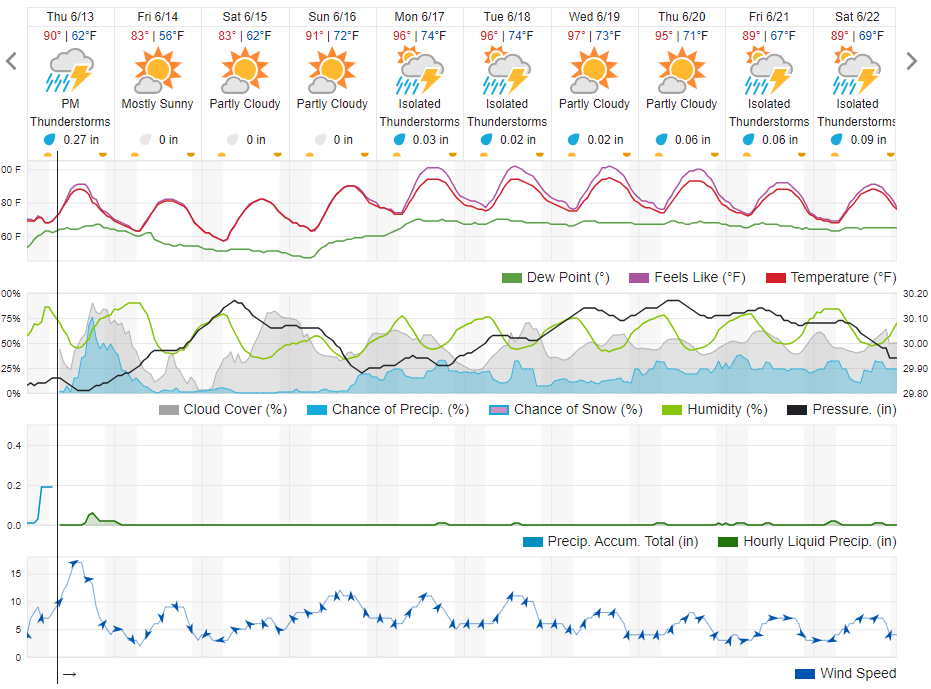
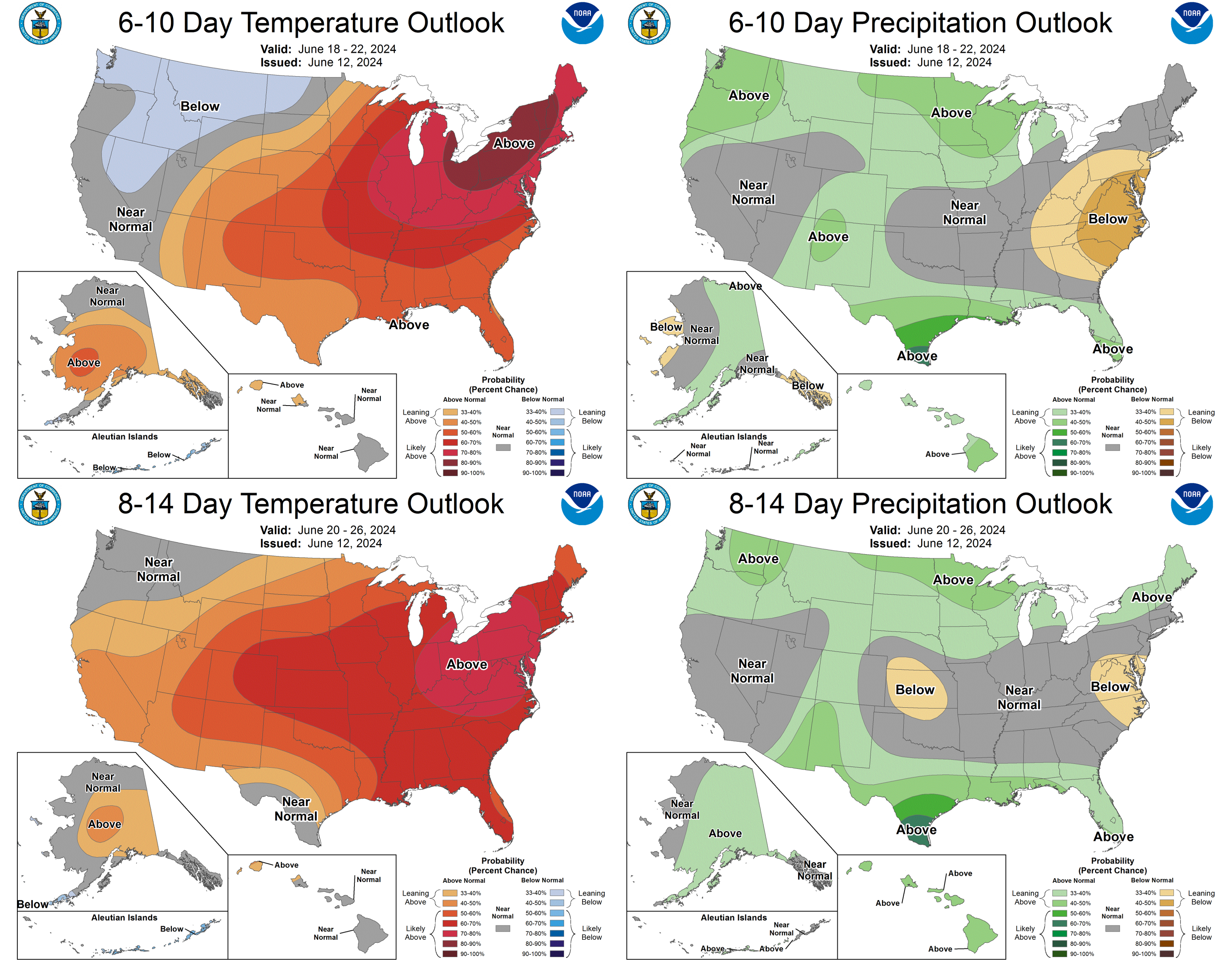
Crops and pests
Soybean and corn planting is just about wrapped up. Some fields are emerging while others are well into their vegetative stages. Despite the high variability in planting dates, the weather has been conducive to quick emergence in late planted fields, and all crops are progressing rapidly. Weeds are also progressing rapidly, leading to post-emergent herbicide applications on some fields this week. In corn, nitrogen sidedress continues. Asiatic garden beetle is pupating right now in southern Michigan.
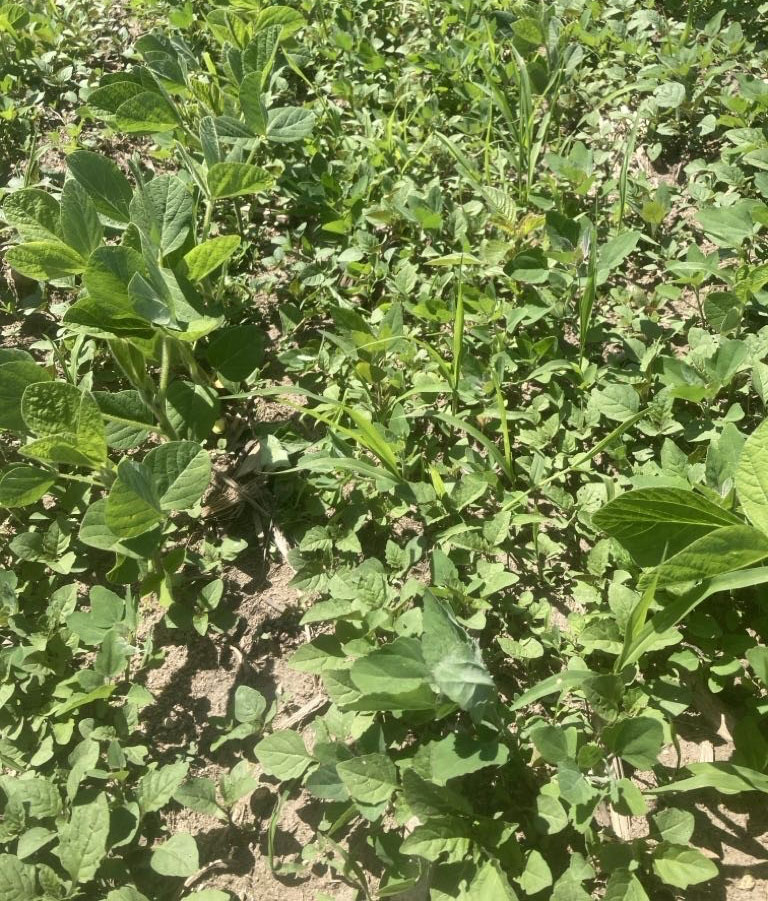
Winter wheat kernels continue to accumulate solid matter. The majority are in a soft, doughy stage but have begun to lose the green color in the head. Late last week, low levels of head scab were confirmed in Barry County. The affected glumes and kernels were a pale tan to salmon color within a green head.
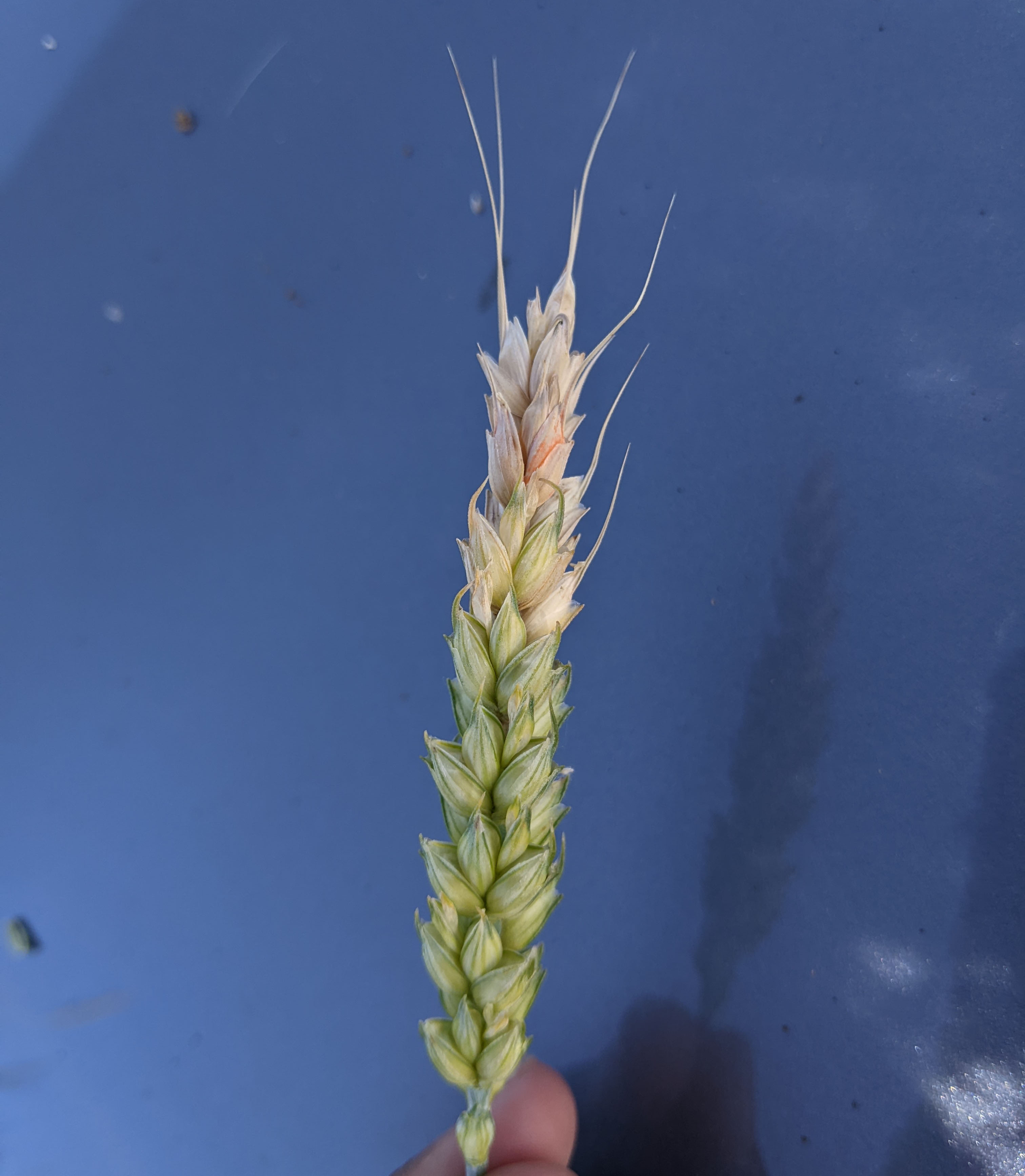
Most of the potato acres are flowering now and have closed rows. Some later-planted fields are just entering tuber initiation. The warm, sunny days and cool nights from this past week have been favorable potato conditions, and even the later-planted fields are progressing rapidly toward row closure.
Many growers began their second cutting of alfalfa and forage grasses this week.
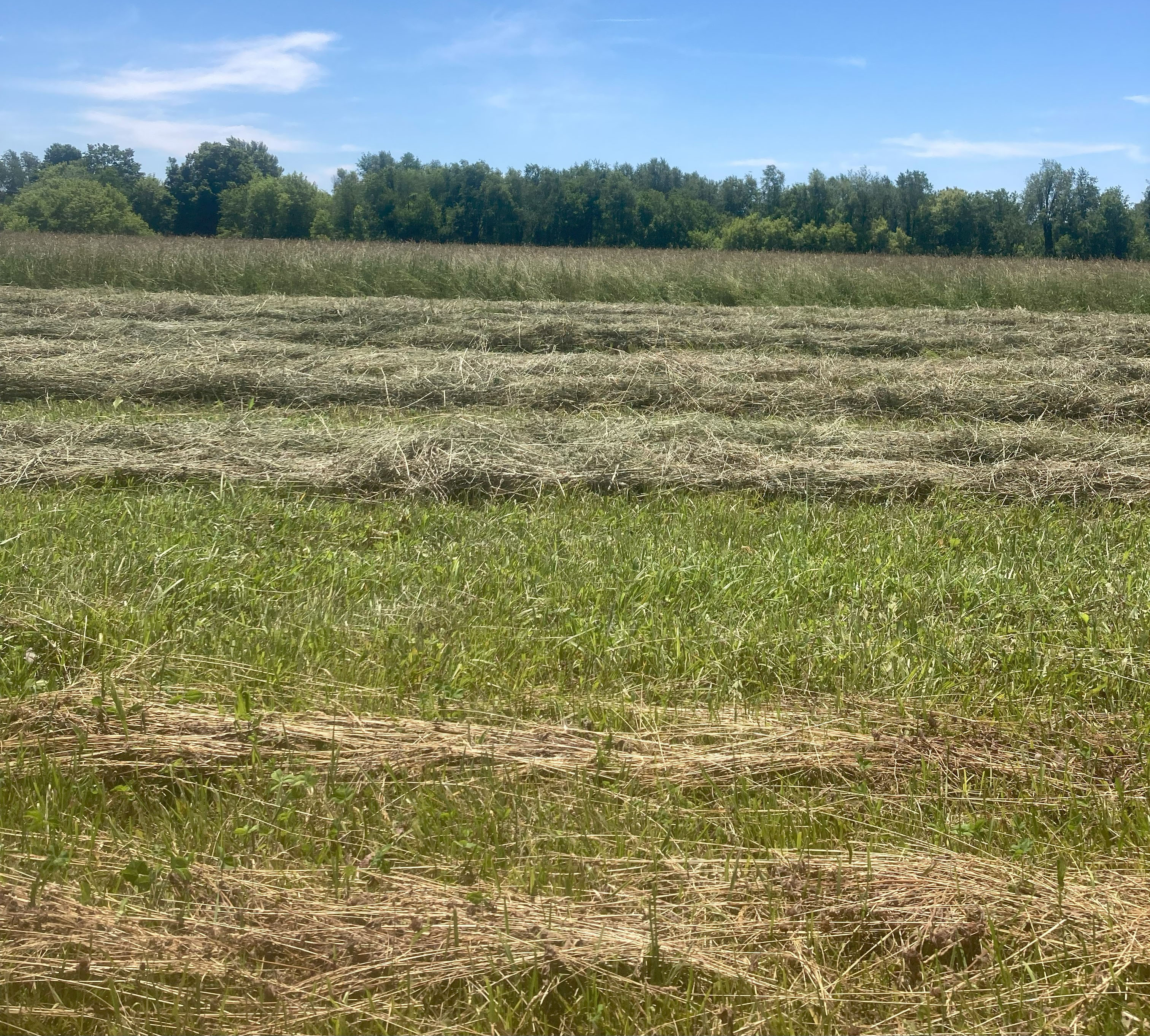
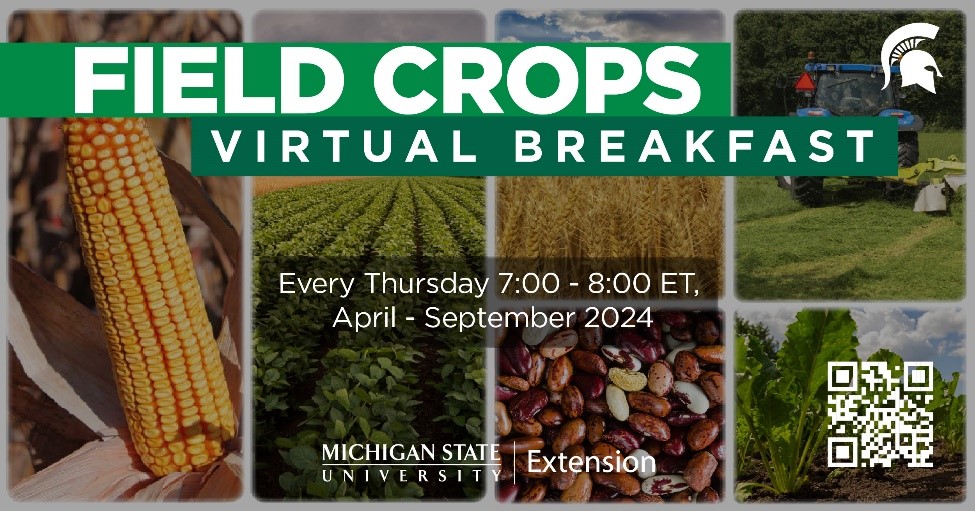
Irrigation, presented by Michigan State University Extension (MSU Extension) irrigation specialist Younsuk Dong, was the topic for the MSU Extension Field Crops Virtual Breakfast this week. Dong highlighted the importance of irrigation uniformity and talked through a uniformity test. He also showed the available irrigation scheduling tools. Recordings of this and all the Virtual Breakfast meetings are closed-captioned and available at the Field Crops Virtual Breakfast webpage and the MSU Extension field crops team social media platforms: Facebook, Spotify, YouTube, Apple Podcasts and Twitter.



 Print
Print Email
Email